Community Health
Our Maternal and Child Nutrition and Health Project is improving health practices around birth and childcare amongst the vulnerable population of Afghanistan.
A young mother shares:
“I have been married for three years. For the first year, I was unable to conceive. Then, by the grace of God, I became pregnant. My own family lives in Iran, and my mother-in-law was not supportive. I had no knowledge of how to take care of myself during pregnancy, and eventually, my baby was born, but tragically, my baby passed away.
“Now, I am four months pregnant again. At the beginning of this pregnancy, I constantly worried about how to properly care for this child. One day, a young woman knocked on our door. I opened it, and she introduced herself as a representative from the Zakireen Township Clinic, offering nutritional counselling.
“Their advice has been incredibly helpful. I’ve learned how to take better care of myself and my baby. I used to drink almost no water, but now I drink at least 8 glasses daily. I also include food from all three food groups in my diet and take better care of my health overall. I have started visiting the clinic regularly, and they have given me folic acid tablets to support my pregnancy.”
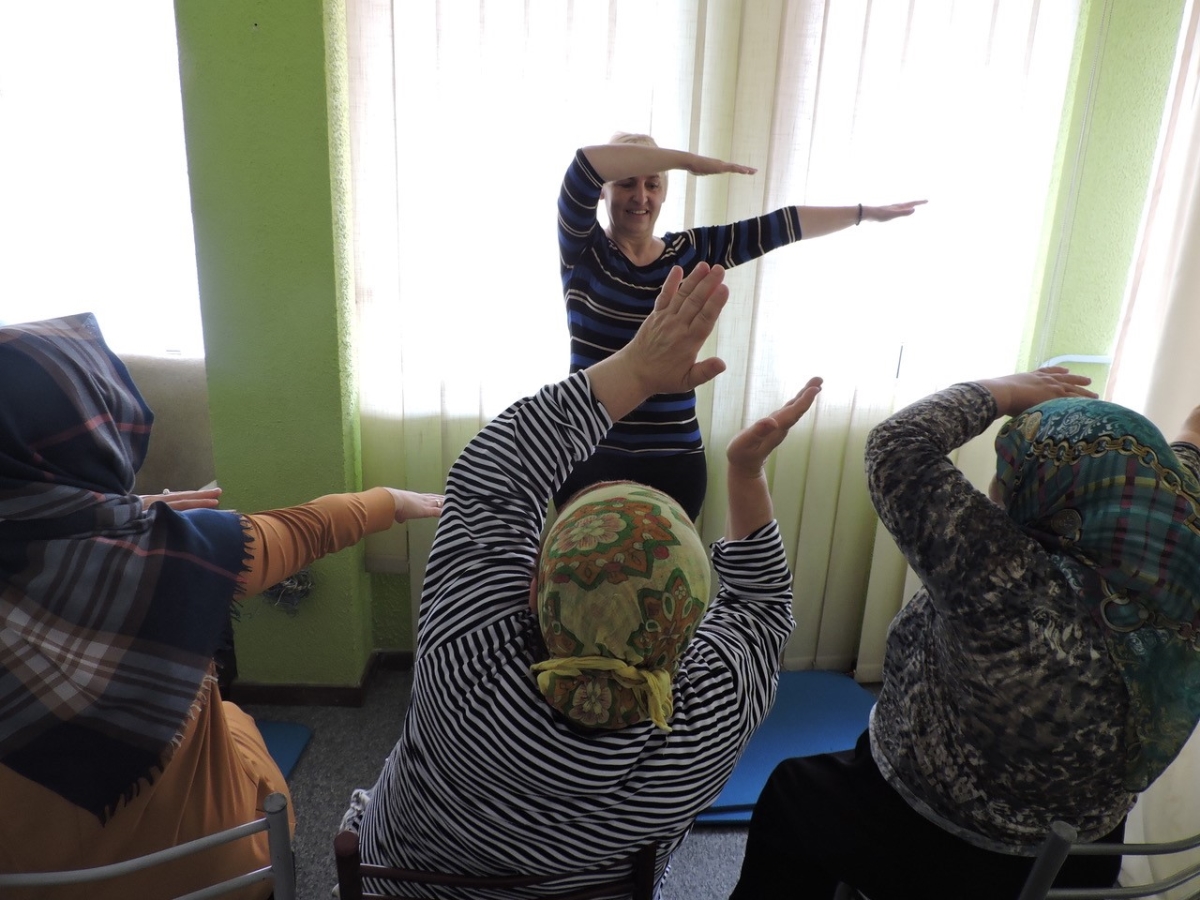
You have healed me with your exercises!
“When I come here all my worries go away.” Exercises and social support are making a difference in women’s lives.
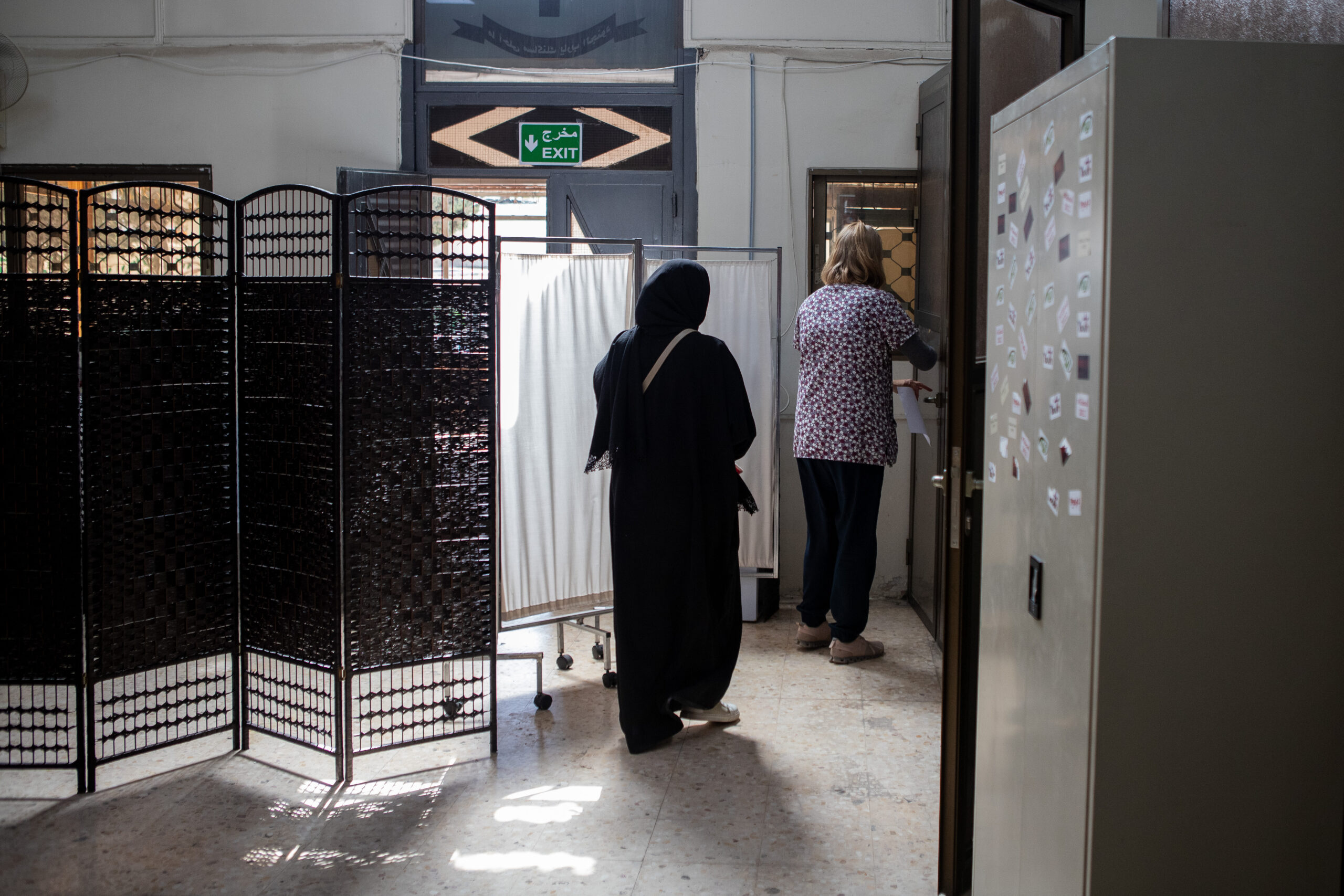
Community Health Advocates’ Training
Izzy was one of seven young women who completed our 6 month CHA pilot program. We selected women who had few opportunities in life. Some hadn’t finished school.
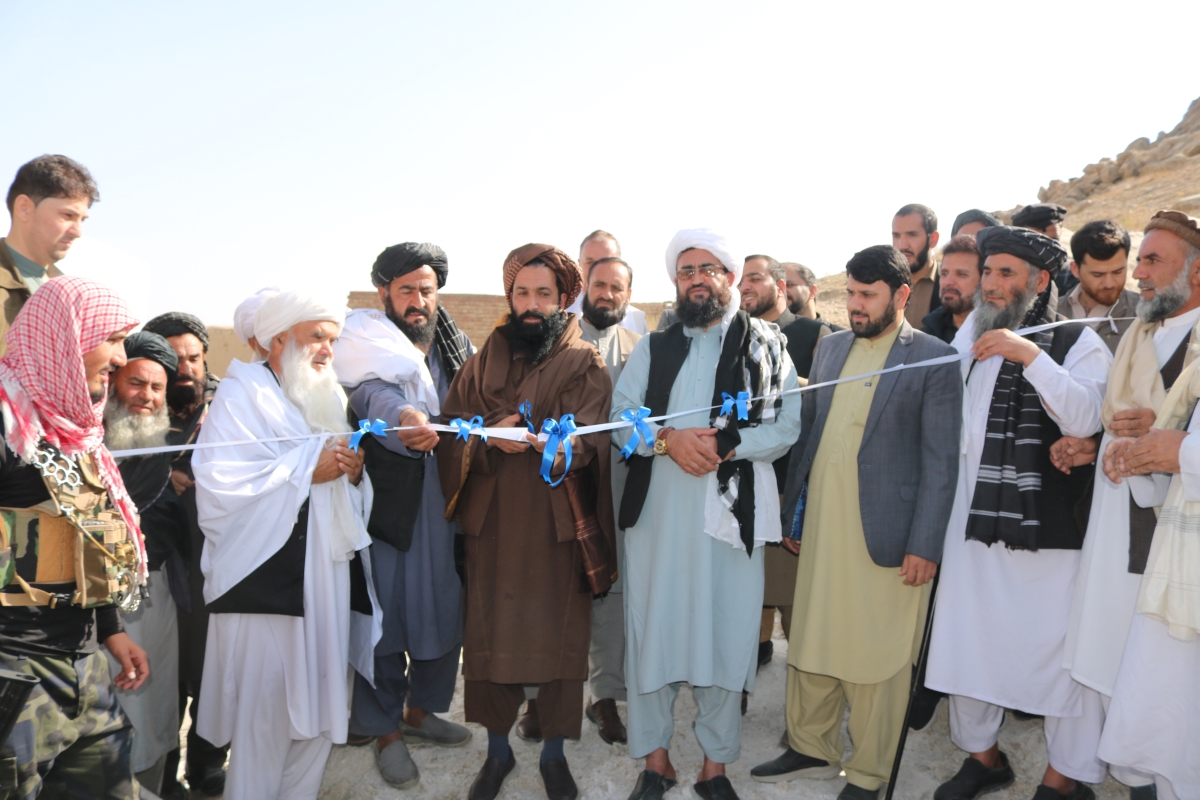
Building a solar water supply network
“Most of the families in this village lack access to clean drinking water, and it is extremely difficult for our women and children to get water from a distance.”
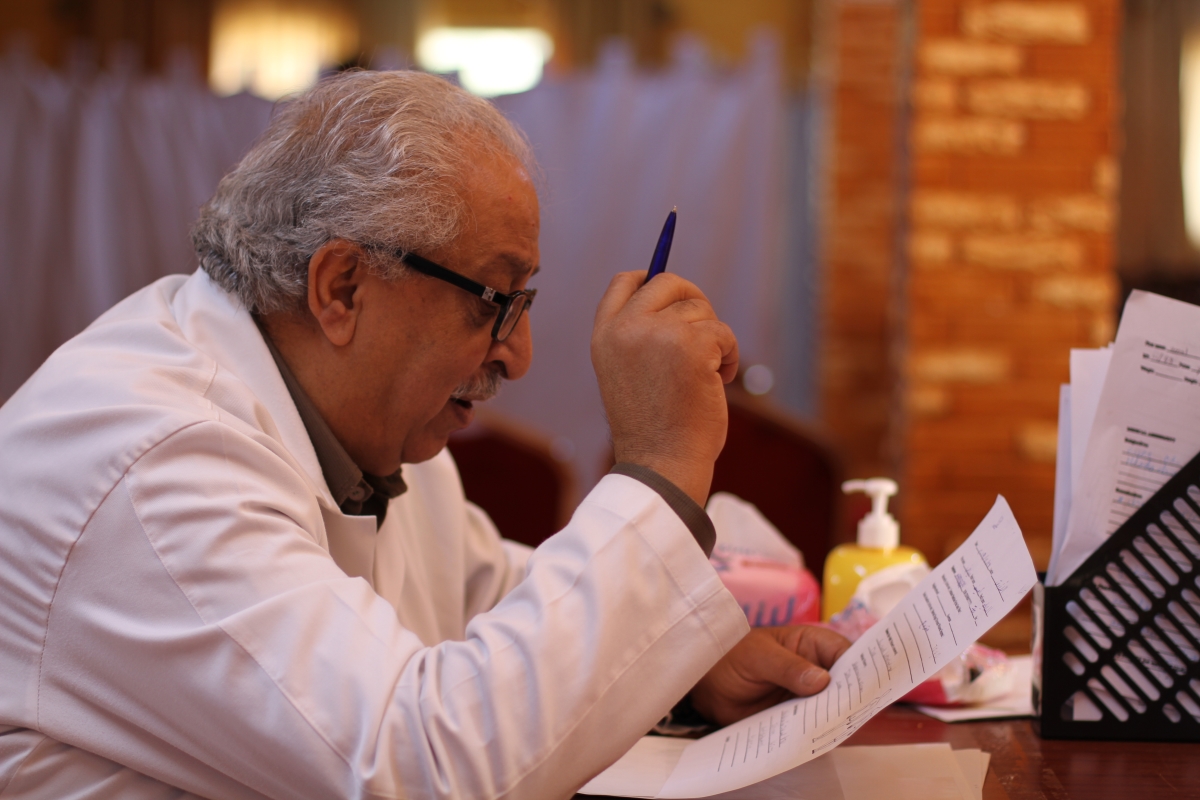
Surgery For Sarah
The kidney surgery was life saving for Sarah! She is now an active and smiley 1 year old, adored by her older siblings.
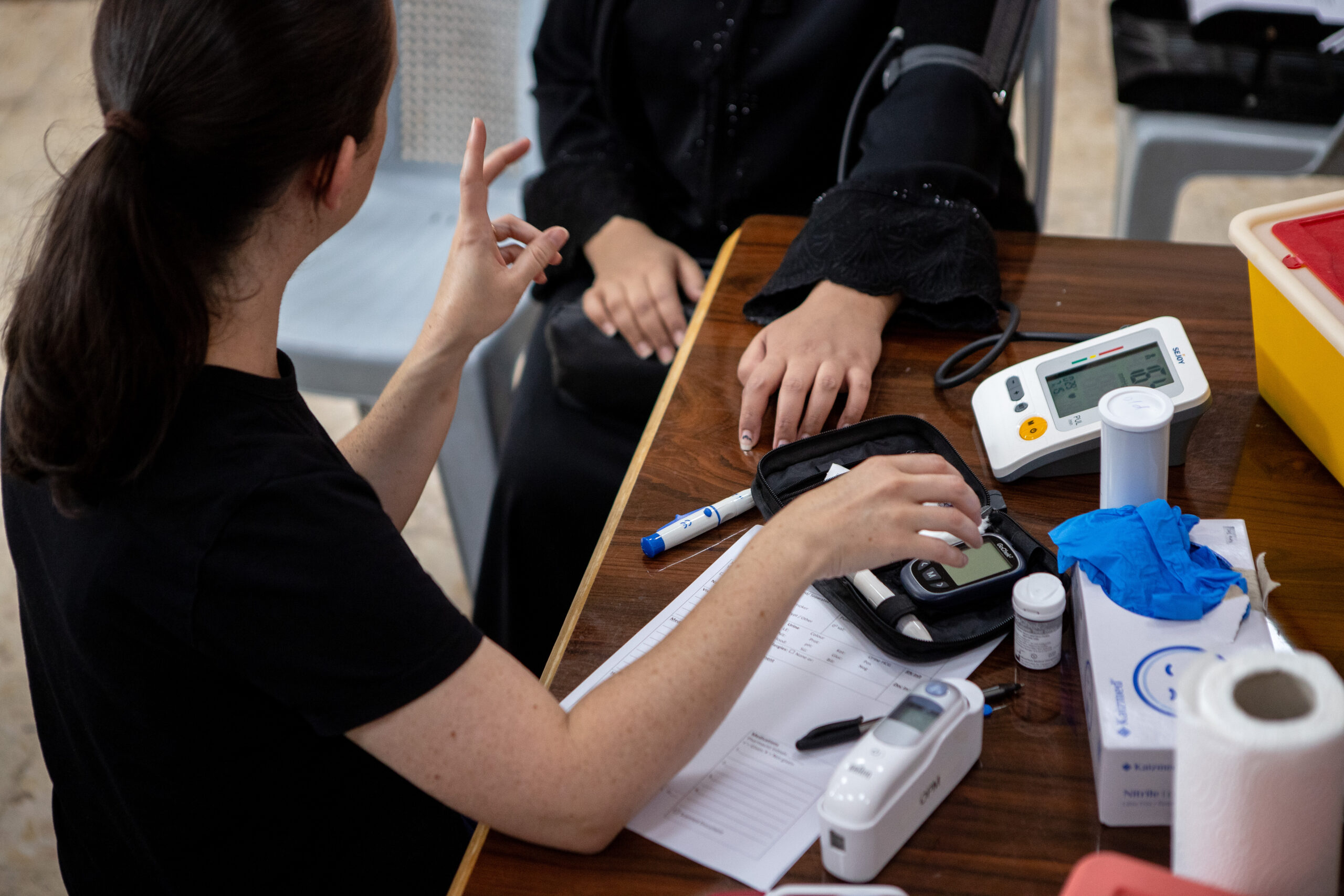
An Exercise Programme For Women
At the end of 2024, we ran a six week exercise program for Jordanian and Syrian women in Zarqa. The women who attended hadn’t had any connection with Operation Mercy in the past.
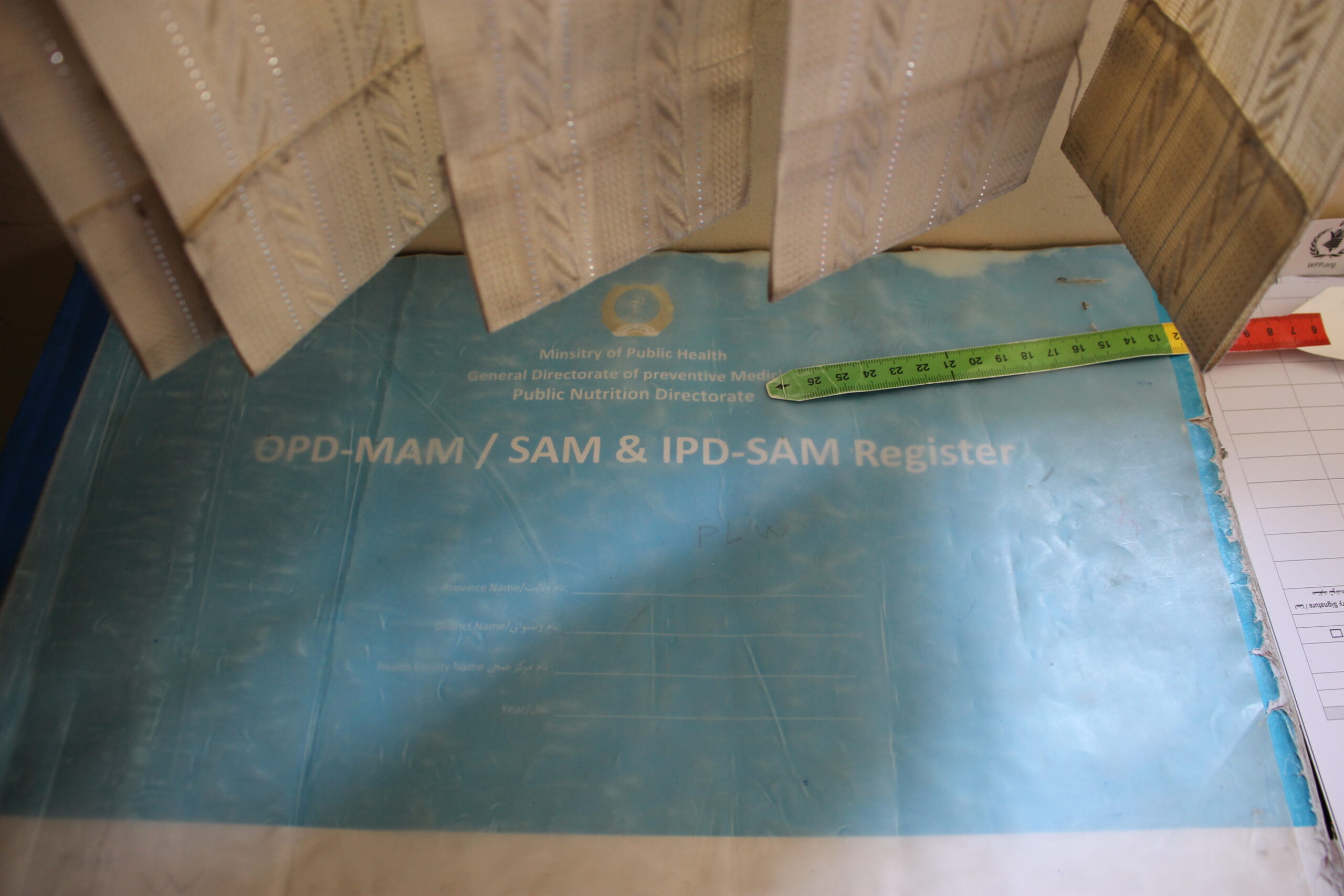
Empowering Mothers Through Breastfeeding Education
In our Maternal and Child Nutrition and Health Project in Afghanistan it’s amazing to see how simple lessons — and someone walking alongside young mothers — can make a difference,
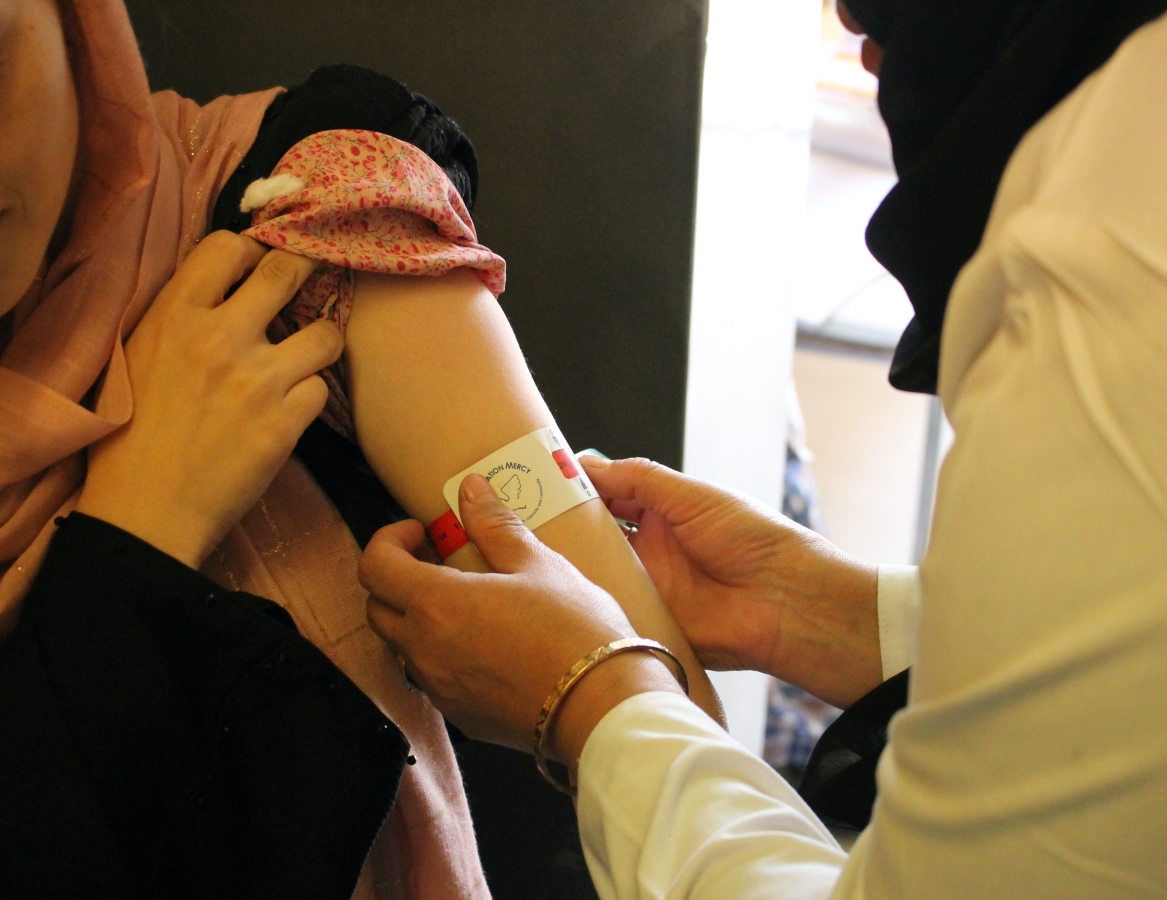
Perseverance in Health
Two months later, Serah was improving from the malnutrition.
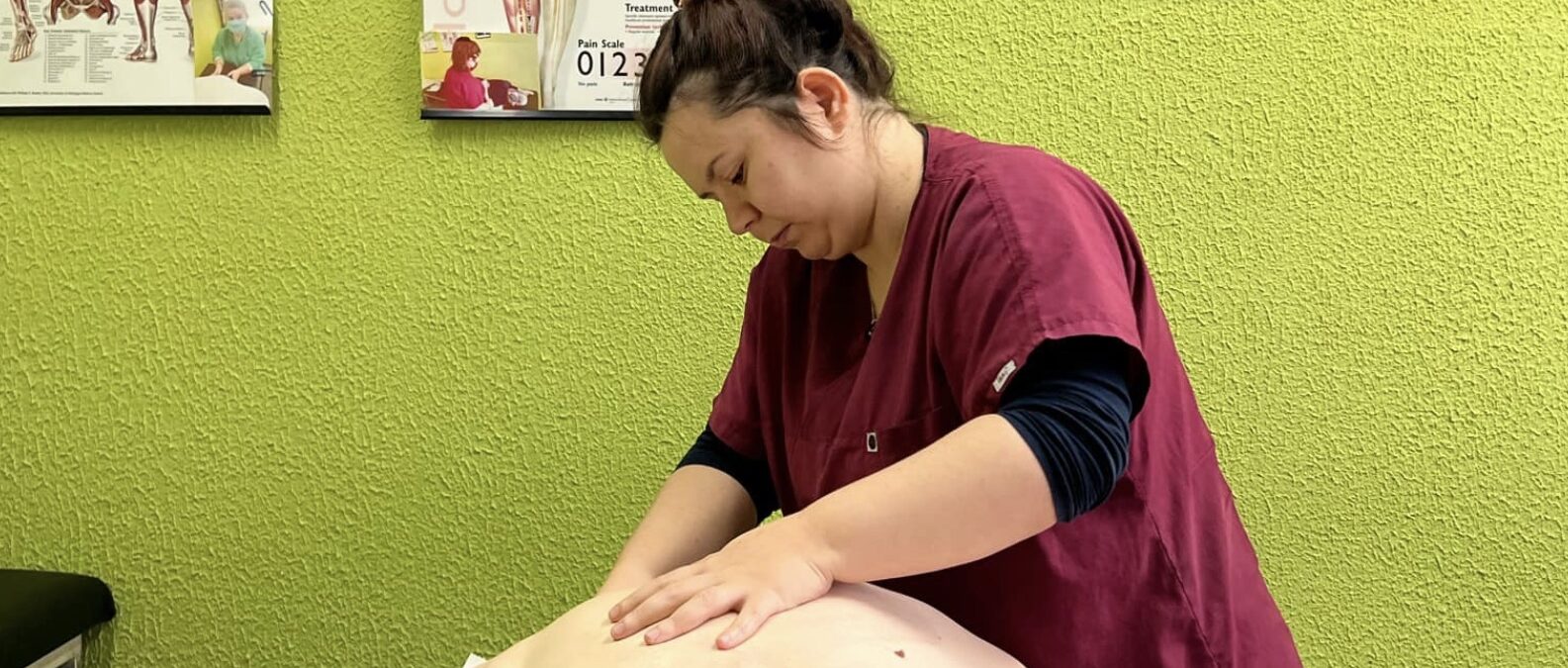
A New Normal
Fatima lost her husband, Omar, three years ago. After the birth of her second child, she suffered from postpartum complications that left her with severe back pain and limited mobility.
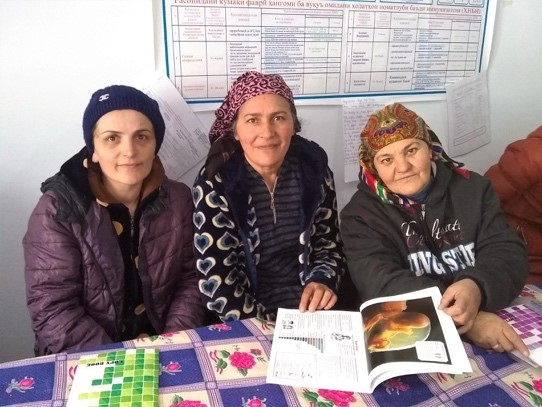
The Miracle of Life
Maftuna knew about the book through one of Operation Mercy’s community health trainers. She herself went through Operation Mercy’s general health and pregnancy lessons, as the trainers do not only work with the local women in the village but also the wives of Operation Mercy staff.
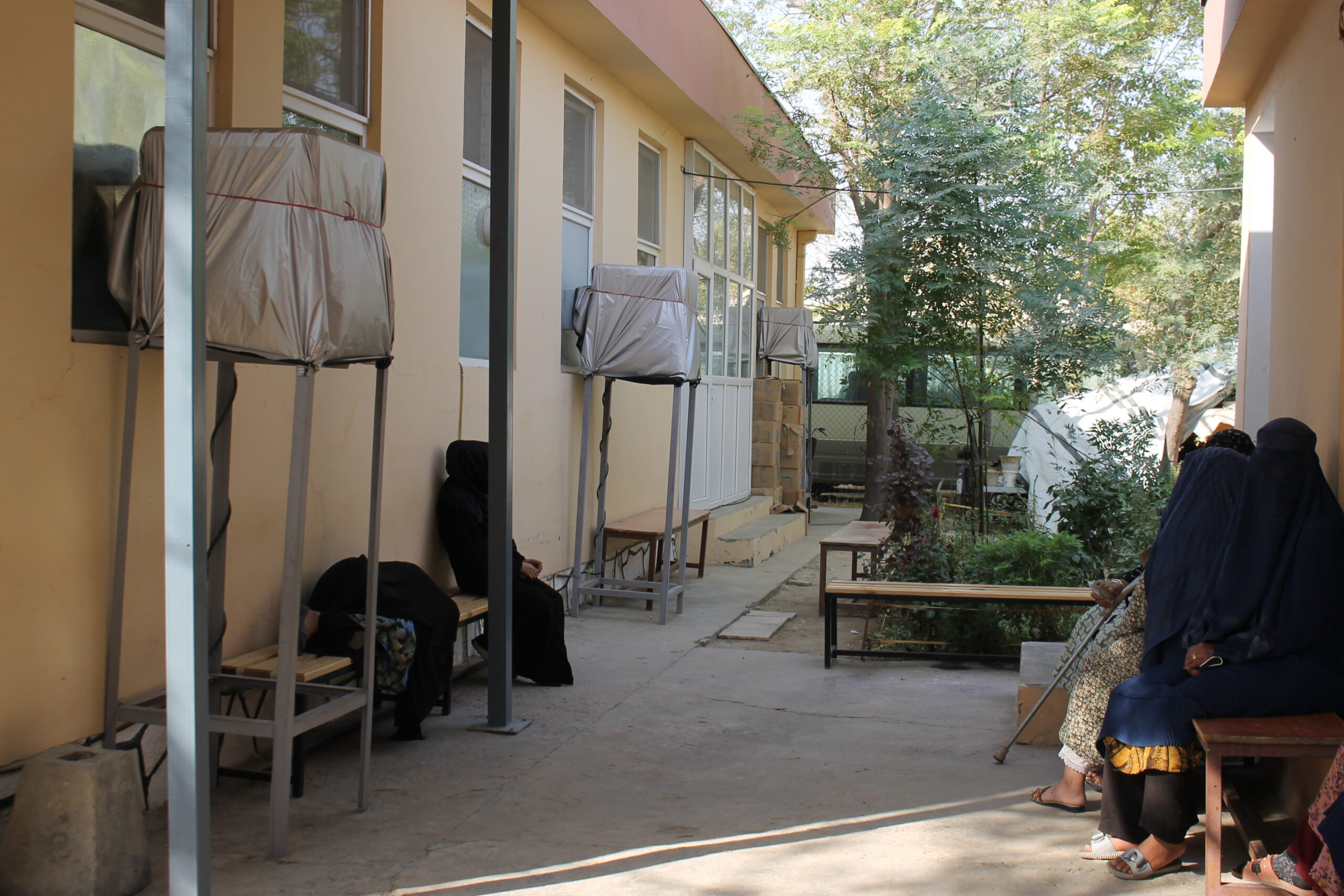
A Second Chance for a Healthy Pregnancy
Our Maternal and Child Nutrition and Health Project is improving health practices around birth and childcare amongst the vulnerable population of Afghanistan.
A young mother shares:
“I have been married for three years.
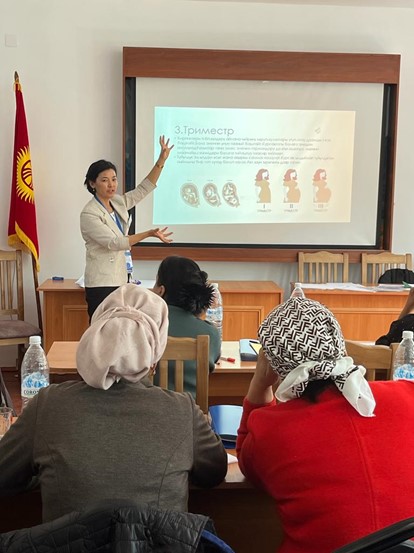
Midwives in the Mountains: Education and Coaching for Remote Villages
The three staff workers assigned each of the participants to a coach. They were then given materials and taught how to share what they had learned with others.
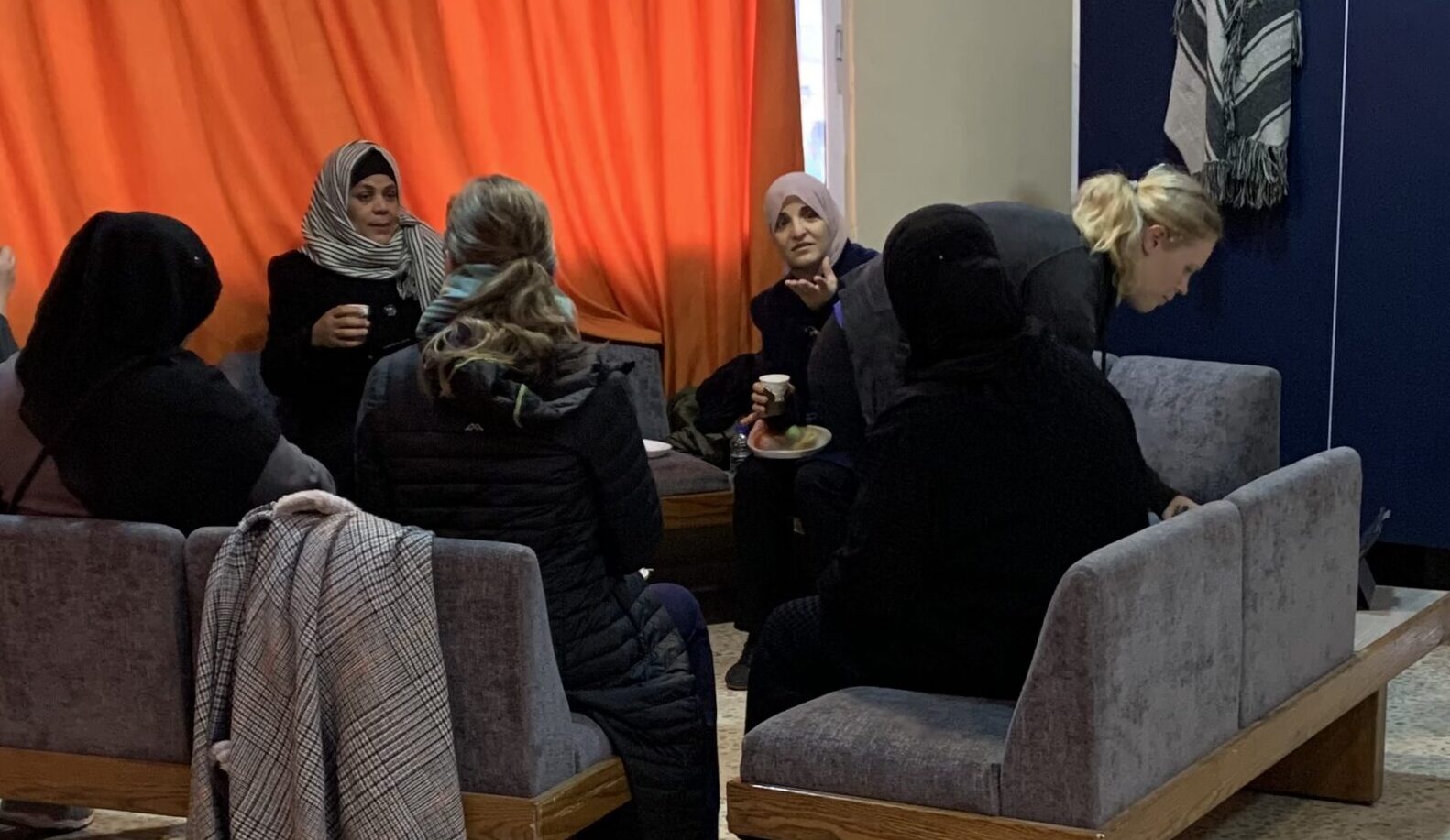
Refugee Health Response
In our Community Health Project in Jordan, we are seeing lives transformed through health screening and education. We work in partnership with local organizations, medical professionals,
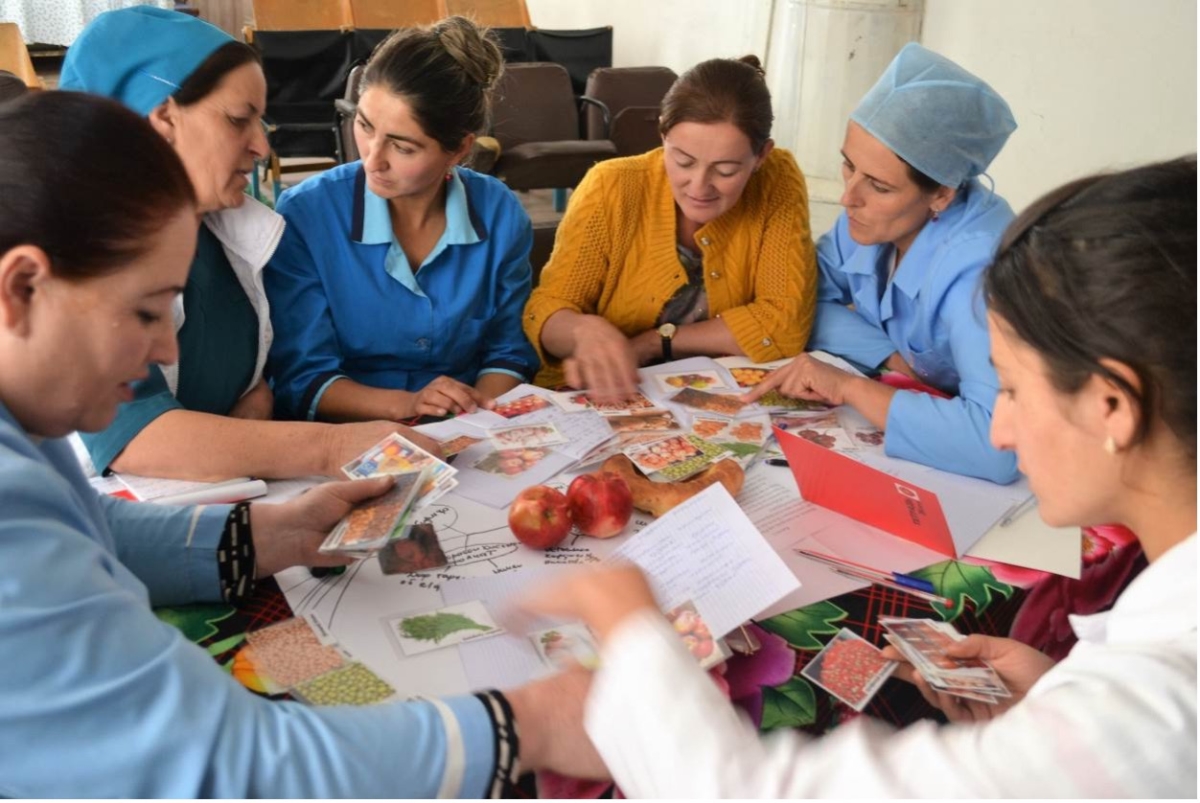
Health is Everyone’s Responsibility
Health is everyone’s responsibility, and Bibi grew in her health knowledge and confidence through our training and put it into practice for the good of her community.
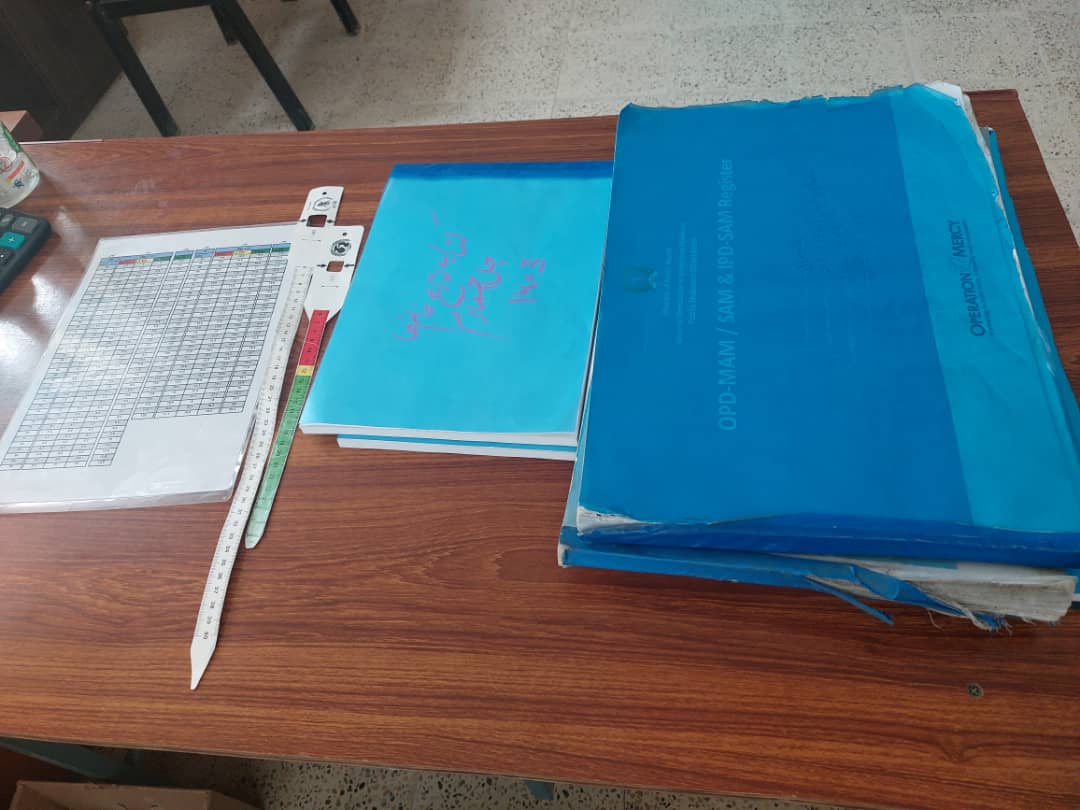
Health and Nutrition Promoters
Operation Mercy in Afghanistan runs a program training women in the community to become health and nutrition promoters. This program empowers women to voluntarily serve their communities,
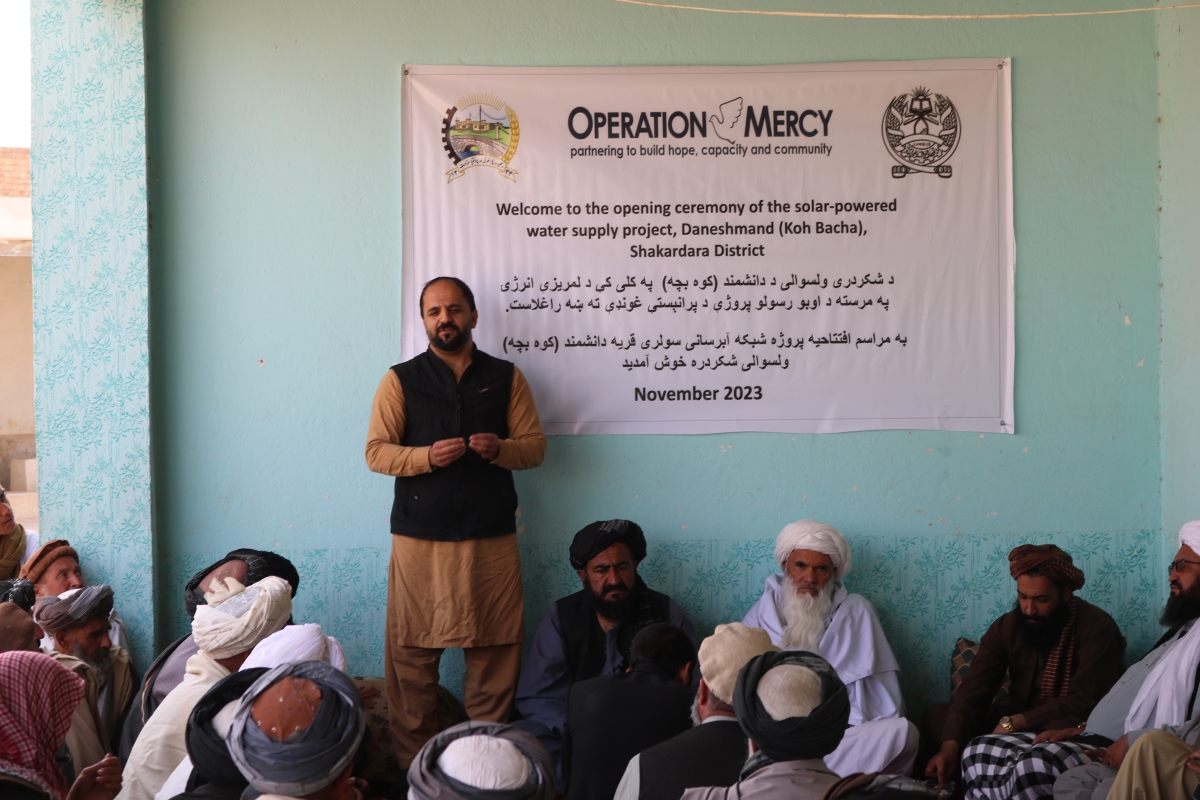
Access to Clean Water
The WASH project has taught us many valuable things, one of which being the necessity of having access to clean water, which can help us avoid many diseases.
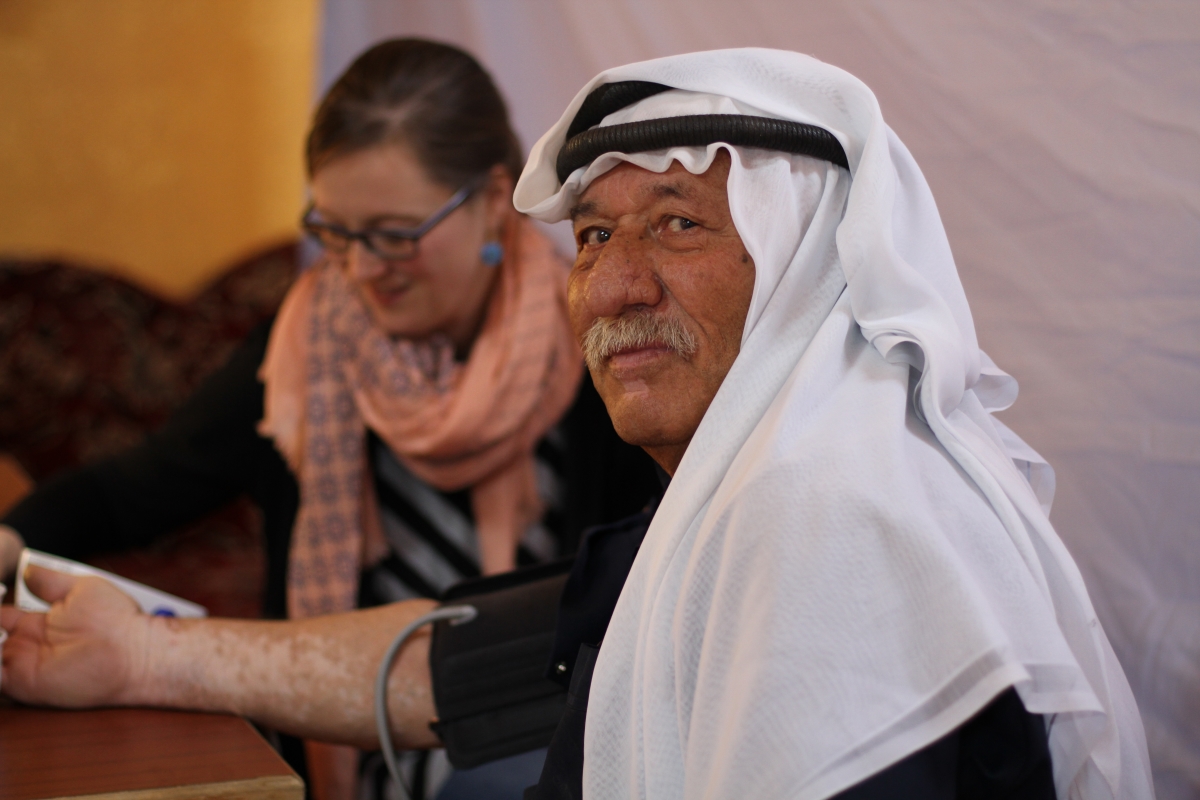
Heart Surgery Saves Grandfather
In our Operation Mercy Community Health clinics in Jordan, we screen patients who need diagnostic tests and specialist follow up.
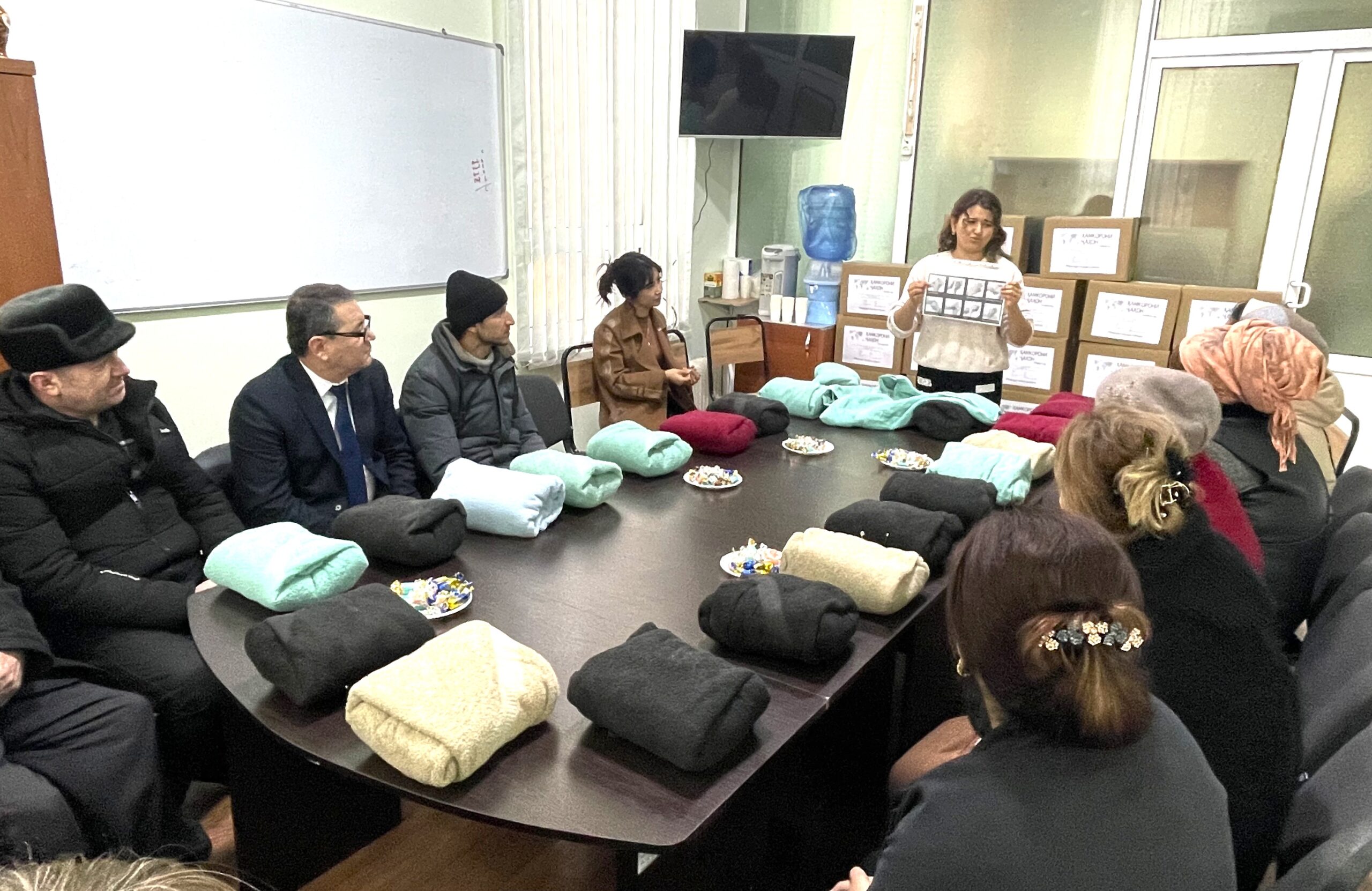
Journey to Health and Hope
They started eating healthier foods, exercising regularly, and seeking medical care for their children.
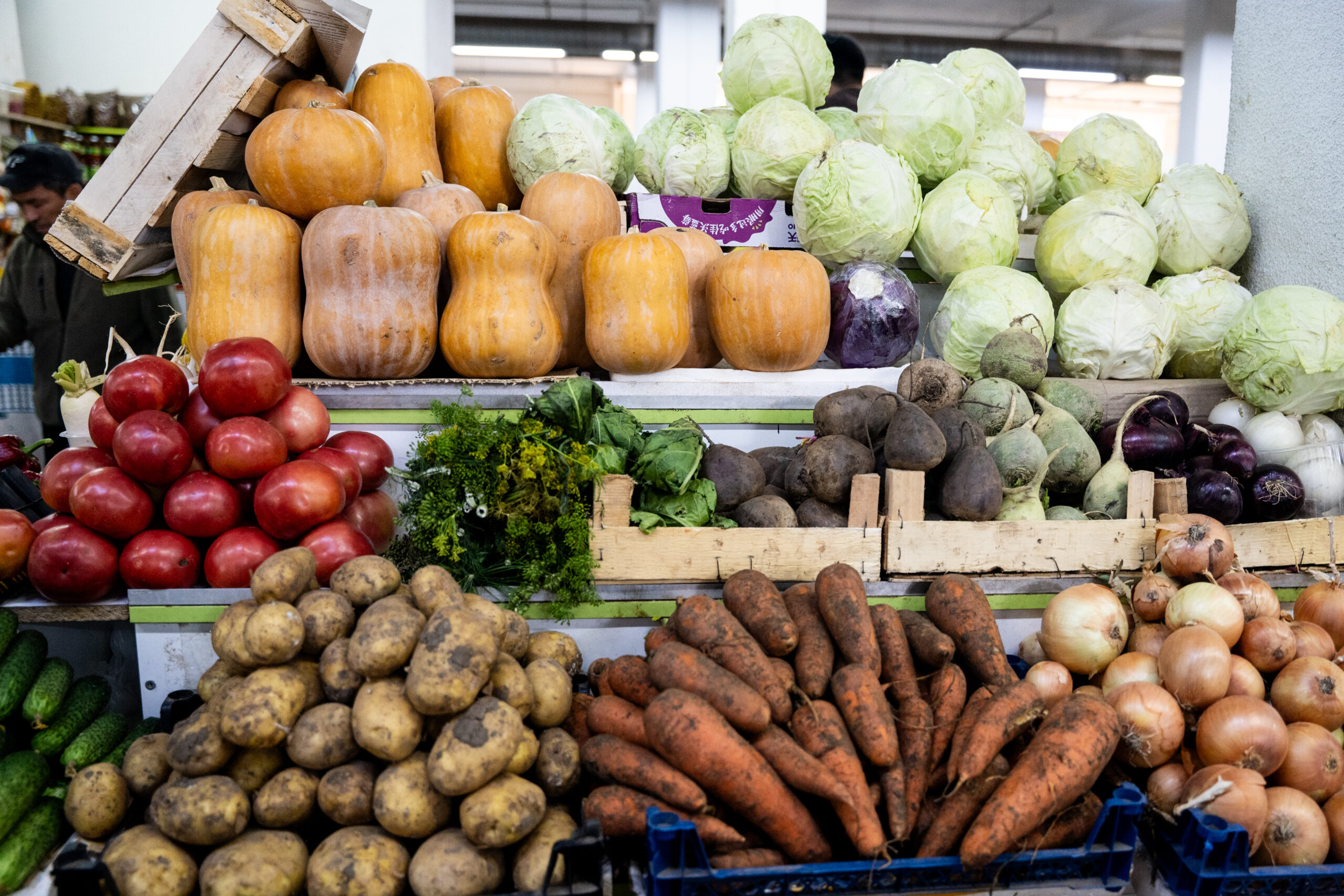
Healthy Eating
The doctors were stunned. “You can’t be improving! No matter how many medications we give you, no matter what you do, you will always have to come to the doctor!
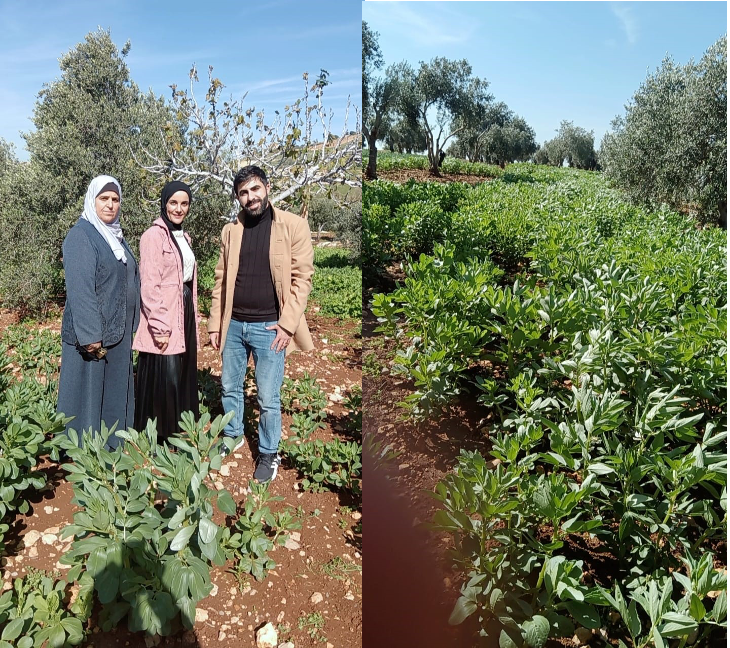
A Savings Group Success Story
My name is Ghada, and I am a member of the Artery of Hope Savings Group.
Today, I would like to share a success story—an idea that started with the savings group and grew into a project to cultivate more than 60 dunams of land.
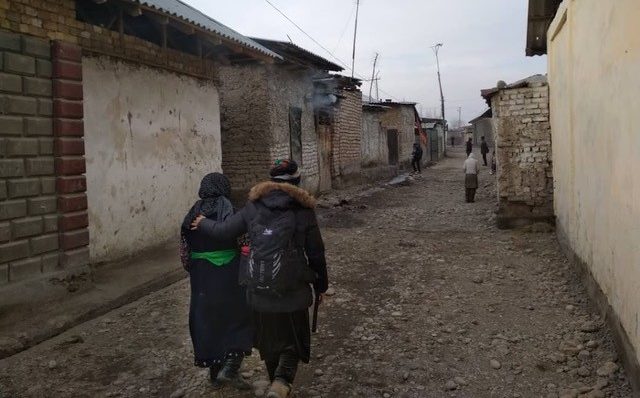
Discovering the Greatest Needs
Staff from our partner organization are reaching out to a Roma community in the south of Kyrgyzstan.
